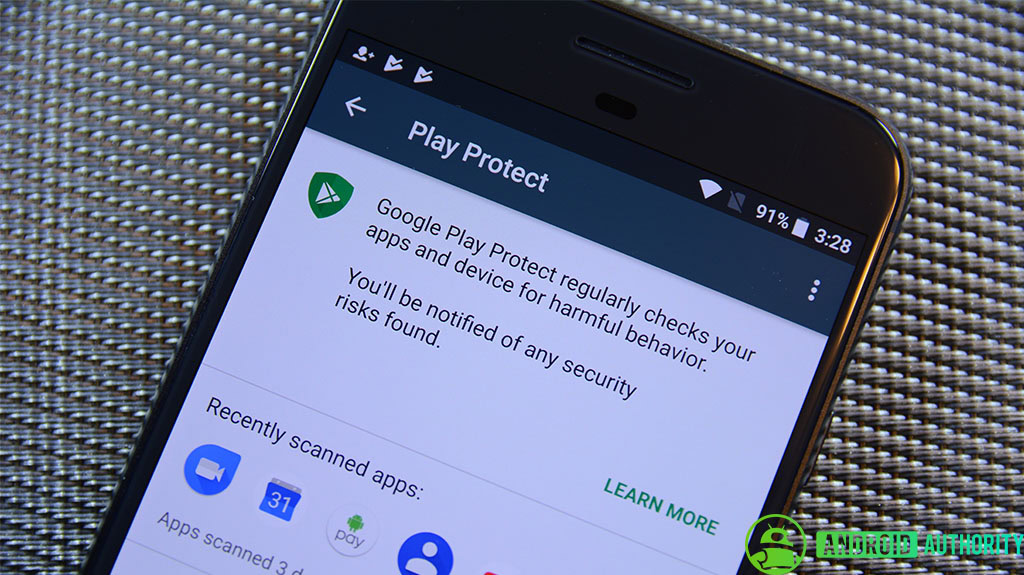Affiliate links on Android Authority may earn us a commission. Learn more.
Google is cracking down on apps collecting info they don't need

Google is rolling out a number of changes designed to protect users on Android. Earlier this week, we reported on new rules that banned apps from displaying ads on your lock screen. These could potentially trick users into downloading unwanted software or sharing data that they don’t want to. Now, Google is cracking down on apps that share information it shouldn’t.
The Safe Browsing team is laying out new restrictions on how apps collect a user’s data. Under the new policy, apps must provide their privacy policy and prompt users to share their data. This applies to everything from a user’s phone number to the list of apps installed on the phone.
Applications which collect and transmit personal data not required for the app to function must tell users how the data will be used.
If an app collects and transmits personal data unrelated to the functionality of the app then, prior to collection and transmission, the app must prominently highlight how the user data will be used and have the user provide affirmative consent for such use.
The new requirements will apply to all functions of an app. For example, if an application wants to send analytics or crash reports, it cannot transmit the list of installed packages unrelated to the app unless it discloses that and gets permission from the user.

Developers and webmasters have 60 days to implement changes before Google will step in and warn users.
What do you think about these changes? Will they cut down on the number of apps that take your information without telling you? Let us know down in the comments.